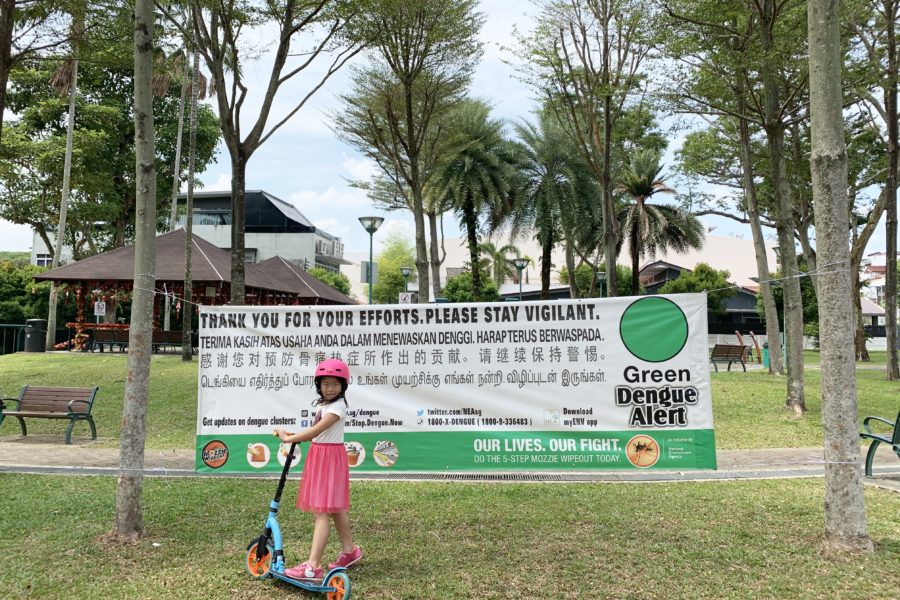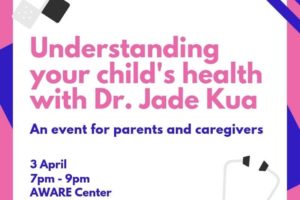Dengue Do’s & Don’ts & Why
Dengue Fever is endemic in Singapore. Hence it is always at the back of our mind when patients consult us for fever. Some years ago I helped the People’s Association to put some educational material together about Dengue Fever: https://www.pa.gov.sg/docs/default-source/module-documents/page-documents/cdh—dengue-fever.pdf.
Briefly, it’s a viral infection caused by several strains, transmitted by the Aedes mosquito. By extension, one can be infected several times from different strains and antibiotics are of no use. Clearly, the best treatment is to prevent mosquitos breeding in stagnant water in the first place.
Otherwise treatment is supportive for the symptoms such as fever & aches. Coincidentally, the medication is the same: paracetamol. However, avoid ibuprofen. As Dengue can cause blood platelet levels to dip, we advise against using medication that can alter the activity of the remaining platelets.
As with all viral infections, we advise bedrest and hydration. This is especially relevant in Dengue where minor injuries can result in unusual bleeding and greater fluid loss occurs through leaky vessels.
When Is It A Medical Emergency?
Most of the patients who are infected with the Dengue virus can be managed at home. They do need to regular blood tests- sometimes daily- in order to track their platelet levels. This blood test can be done at most GPs and polyclinics. Regardless of how well the child feels, if the platelet level is below a certain threshold, it’s better if they are admitted to the hospital for monitoring. On the other hand, no matter how comforting the platelet level is, the patient should be admitted if they are very unwell.
So what are these red flags caregivers should pay attention to? As with any febrile illness, if the child is dehydrated or lethargic, caregivers should be on alert. All red flags that apply to fever in general, apply to Dengue. Let Us Talk About Fever In Children.
Specific to Dengue fever, if the child has shortness of breath there may be fluid leaking into the lungs. If there is giddiness or abdominal pain, the child could be in shock due to inflammation of the liver, gallbladder, pancreas, appendix or stomach. Clues that platelet levels are low, are unusual bruising or bleeding from the nose or gums.
This one-minute-long video summarises the above advice:
News From The Home Front
Recently, we were on alert for Dengue cases going up in our neighbourhood. As a result, advice to our community was to apply insect repellent and dress appropriately. Ever the fashionista, M5 embraced the news with aplomb. Before going cycling, she would don leggings & high socks underneath a pretty frock, her “I Love Unicorns” cap for sun protection and of course, her pink cycling helmet. Meanwhile we took care to reduce breeding opportunities for mosquitoes in our house & garden.
Some time later, the banner in the park announced we were back to green alert. Well, we all feel a lot more at ease now, especially M5 who is less encumbered scooting around the neighbourhood. If you see her whizzing past, say hi!









Leave a Reply
Your email is safe with us.